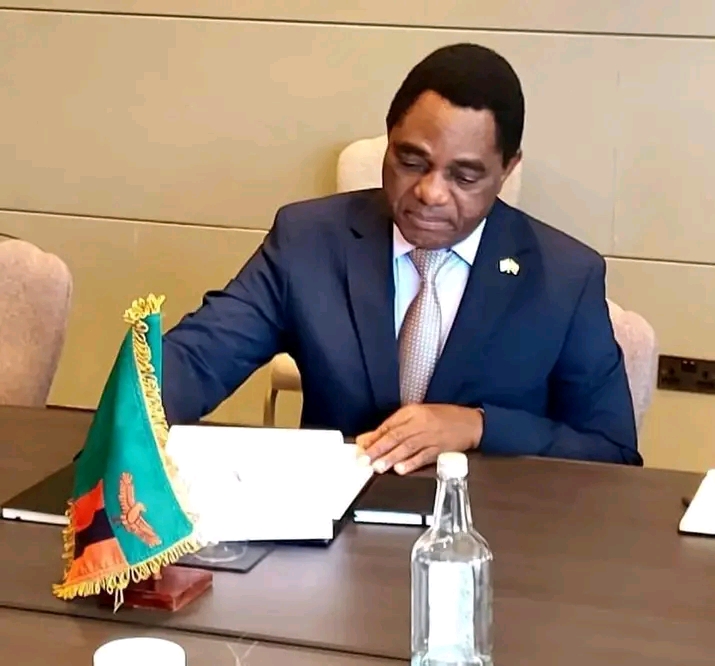By Ollus Ndomu
The Zambian opposition has persistently accused President Hakainde Hichilema of tribalism in his appointments, a narrative that is not only misleading but also divisive. While it is essential to hold the president accountable where he may be failing, invoking tribalism as a critique of his appointments is neither accurate nor constructive. A closer look at the appointments of ambassadors and high commissioners by President Hichilema illustrates a diverse representation that transcends tribal lines.
Here is a comprehensive list of some of President Hichilema’s diplomatic appointments:
- Ethiopia – Ambassador Sakala
- Italy – Ambassador Kondolo
- Australia – High Commissioner Munshya
- Mozambique – High Commissioner Chirwa
- South Korea – Ambassador Banda
- Turkey – Ambassador Sikazwe
- Botswana – High Commissioner Chisanga
- Malawi – High Commissioner Kaunda
- Germany – Ambassador Chibesakunda
- Sweden – Ambassador Lundwe
- India – High Commissioner Chanda
- Tanzania – High Commissioner Jere
- France – Ambassador Mulenga
- Malaysia – High Commissioner Mumba
- New York – Ambassador Milambo
- Washington – Ambassador Kanyama
- South Africa – High Commissioner Monze
- Brazil – Ambassador Michelo
- United Kingdom – High Commissioner Mazoka
- DR Congo – Ambassador Kosita
- Egypt – Ambassador Lubaya
- Belgium – Ambassador Mundanda
- Saudi Arabia – Ambassador Mulima
- Zimbabwe – Ambassador Livune
- Ghana – High Commissioner Mahongo
- Nigeria – High Commissioner Imbuwa
- Canada – High Commissioner Shepande
- Switzerland – Ambassador Tembo
- Namibia – High Commissioner Katuka
- Japan – Ambassador Mulimbika
- China – Ambassador Zyuulu
This list clearly demonstrates a geographical and tribal diversity that defies the opposition’s claims. The individuals appointed come from various provinces and tribal backgrounds, representing the rich tapestry of Zambia’s ethnic composition.
Moreover, the accusation of tribalism undermines the president’s efforts to promote unity and national development. It is important to focus on the qualifications and competencies of these appointees, rather than their tribal affiliations. This ensures that the best individuals are chosen to represent Zambia on the global stage, fostering international relations and advancing national interests.
Criticism of a sitting president is a vital part of any democracy. However, it should be grounded in facts and constructive arguments rather than baseless claims of tribalism. Such accusations only serve to sow discord and detract from the real issues at hand.
Overall, President Hichilema’s appointments should be evaluated on their merit, experience, and ability to perform their duties effectively. The list of appointments reflects a deliberate effort to include diverse voices and perspectives, reinforcing the principle of “One Zambia, One Nation.” It is time to move past divisive rhetoric and work together towards building a more inclusive and prosperous Zambia.


